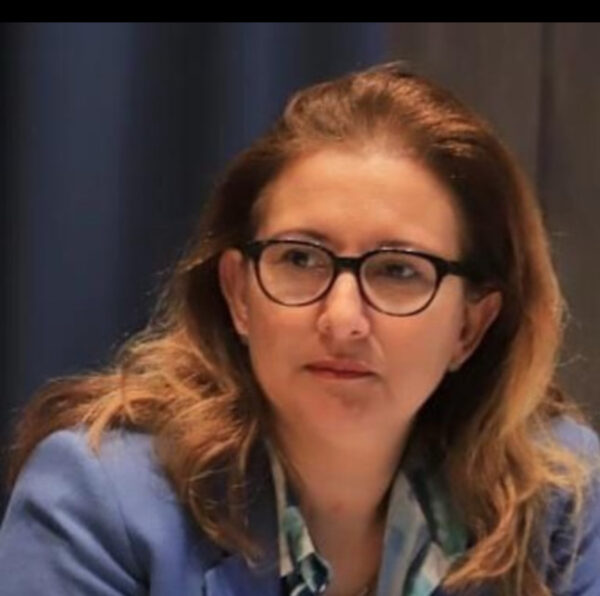By Hella Ben Youssef
Consultant in public policy, migration policy, gender, and female leadership
Vice-President of the International Socialist Women for the North-South Mediterranean region.
On October 31, 2025, the United Nations Security Council adopted resolution no. 2797, which recognizes that the autonomy plan presented by Morocco constitutes the most realistic and credible basis for a lasting political solution to the Western Sahara conflict. A text that rekindles hope, but also redefines regional balances.
In Rabat, the official reaction was measured and responsible. King Mohammed VI spoke of a “fraternal dialogue” with Algeria, opening the door to a possible warming of relations. In Algiers, diplomacy also showed caution but was constructive. Authorities emphasized that the text did not contradict the Algerian vision of a political settlement, while displaying a peaceful tone towards the Western neighbor. These positions, for the first time in a long time, point towards a calming down. They reflect a mutual awareness: constant confrontation has too high an economic, political, and symbolic cost for both countries.
A discreet but now acknowledged American mediation also seems to encourage this evolution. This context opens the possibility of direct dialogue between Rabat and Algiers, perhaps a prelude to a beginning of reconciliation. A scenario that any clear-minded individual in the region can only hope for: without Maghreb agreement, there is no lasting stability or common future.
And what about Tunisia in all of this? This is where questions arise sharply. While Morocco and Algeria are moving, timidly but surely, towards a form of relaxation, Tunisia seems, for now, to be on the sidelines. In recent years, our diplomacy has broken with the positive neutrality that was its hallmark and earned it respect and credibility. The reception of Ibrahim Ghali, leader of the Polisario Front, in Tunis marked a turning point, perceived in Rabat as a provocation and interpreted internationally as alignment with an outdated line. This shift has weakened the position of a country already seeking internal stability.
But Tunisian diplomatic history is not written in the ink of fate. True to the spirit of its founder, Habib Bourguiba, who reminded us that “Tunisia is too small to isolate itself, but large enough to bring together.”
Resolution 2797 has shifted the balance of power and clarified international positions. The global community, from Washington to Paris, via London and Madrid, now converges around the Moroccan autonomy plan. Even Algeria, without explicitly saying so, adopts a more conciliatory tone. In this context, Tunisia has nothing to gain from remaining in diplomatic isolation or maintaining ambiguity perceived as distrust. It is time for a clear reassessment of our position, and the reconstruction of a realistic and sovereign foreign policy based on our national interests, not on postures.
For a Greater Maghreb of reason and future, and beyond the Sahara issue alone, the UN resolution could revive the idea of a reconciled Maghreb, strong with its 100 million inhabitants, its 6 million km², its natural resources, and a combined GDP of over 500 billion USD. A space capable of geopolitical weight and breaking free from external dependencies. But this requires political will, an economic vision, and above all, an open, intelligent, and courageous Maghreb diplomacy.
Tunisia, with its history, positioning, and moral capital, should be at the heart of this renewal, not on its periphery. Because in the world to come, a united Greater Maghreb is not just an ideal: it is a condition for political, economic, and identity survival.
A conflict that has long overshadowed democratic aspirations
For half a century, the Sahara issue has served as a convenient smokescreen, diverting the peoples of the Maghreb from their true priorities: democracy, social justice, and shared prosperity. This territorial dispute has frozen dreams of regional integration, paralyzed the Arab Maghreb Union, and allowed fragile regimes to indefinitely postpone the political and economic reforms demanded by their societies.
Today, as an opportunity window opens, the peoples of the Maghreb demand something else: dignity, employment, transparency, and freedom. They no longer ask for unity slogans, but for cooperative actions. History will remember those who have been able to overcome past grudges to build a common future.
Resolution 2797 could be the beginning of this transformation: a Maghreb that reconciles with itself, with its youth, and with the world. And Tunisia can still find the path to balance and dialogue to once again become a link between its neighbors, a voice of appeasement and reason in a Maghreb in transition.


